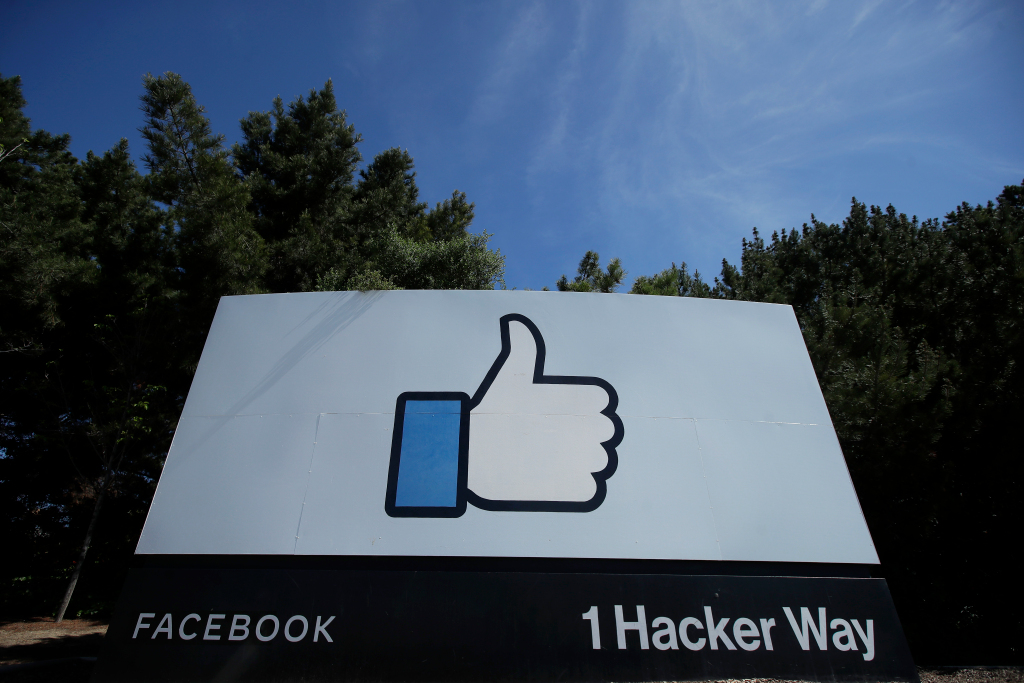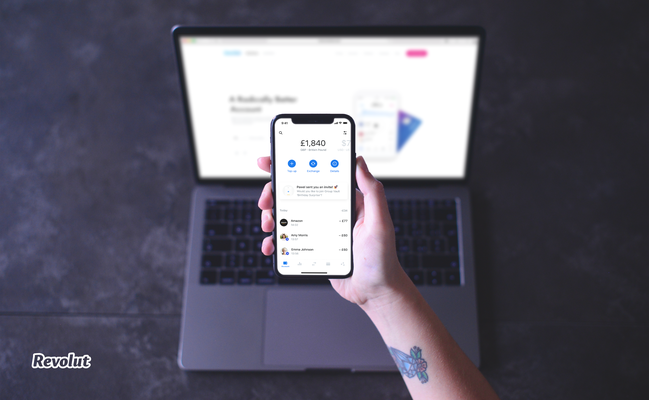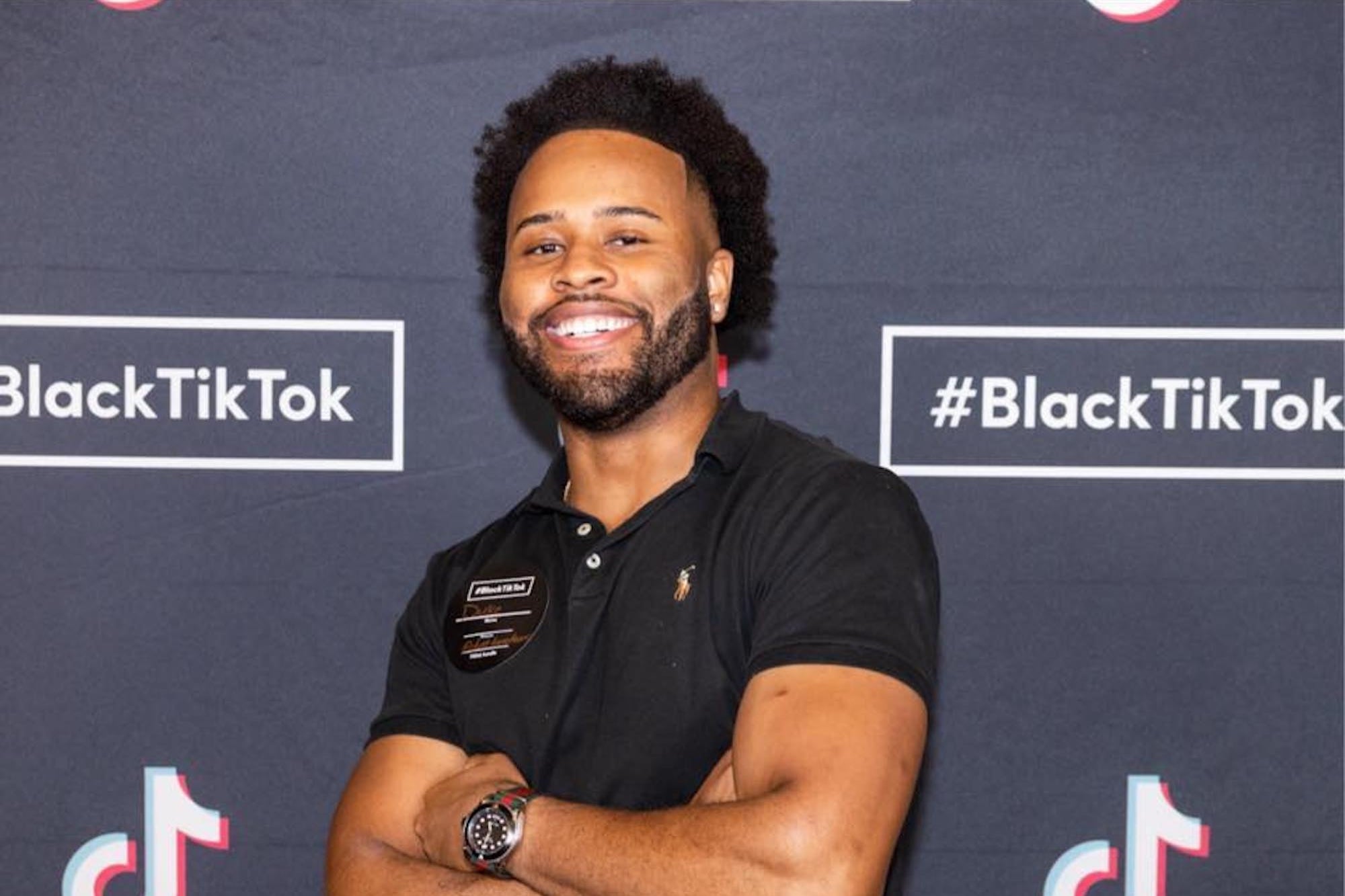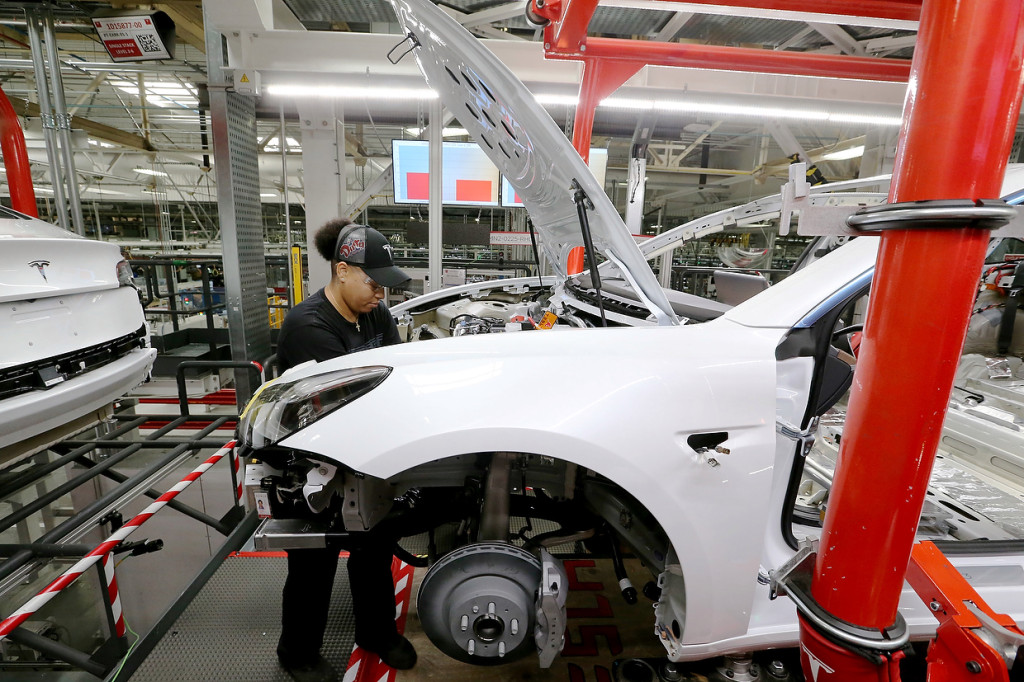By Joseph Menn | Reuters
SAN FRANCISCO – Facebook Inc said on Thursday it recently removed a small network of accounts operating from Romania that had been promoting President Donald Trump’s re-election campaign with stories about his support from conservatives, Black Americans, Christians and followers of the QAnon web of baseless conspiracy theories.
Many of the 35 Facebook and 88 Instagram accounts posed as Americans, and some managed Trump fan pages, but they ran afoul of the social network’s rules on what it calls coordinated inauthentic behavior. In addition to misleading people about their location, some account holders ran multiple personas with similar names that posted identical content.
The network had a small reach, with only 1,600 accounts following the Facebook pages and 7,200 tracking the accounts on Instagram, which is owned by Facebook.
Facebook security policy head Nathaniel Gleicher said the company was unable to tell whether the Romanian group was motivated by money, ideology or government directive.
The nonprofit Atlantic Council’s Digital Forensics Research Lab said some pages only shared content from Trump’s page, while others promoted QAnon, which connects various theories around the idea that Trump is secretly waging a war against powerful Democrats who worship the devil and abuse children. The FBI warned last year that QAnon would likely motivate extremists to commit violence.
Atlantic Council Lab Director Graham Brookie said there were no clear connections to Trump associates or surrogates, and Gleicher said there were no obvious ties to established commercial players such as companies that sell “likes” and followers.
Facebook previously removed much larger and better-connected networks that supported Trump, including one connected to the Epoch Times, which was founded by supporters of the Falun Gong spiritual movement and often criticizes the government of China.
Facebook said on Thursday it had removed another network that reposted content from the Epoch Times and other Falun Gong media in a follow-up action.
While smaller than the network in the December takedown, the new one had amassed more than 2 million followers by posting on topics including the Hong Kong protests, the coronavirus, and U.S. policy toward China, as well as posting animal pictures.
Other July takedowns dismantled a major operation aimed at politics in the Democratic Republic of Congo. More than a million accounts followed pages in the network, which sometimes impersonated political figures.
Facebook said it connected the activity to Congolese political party Force des Patriotes.











